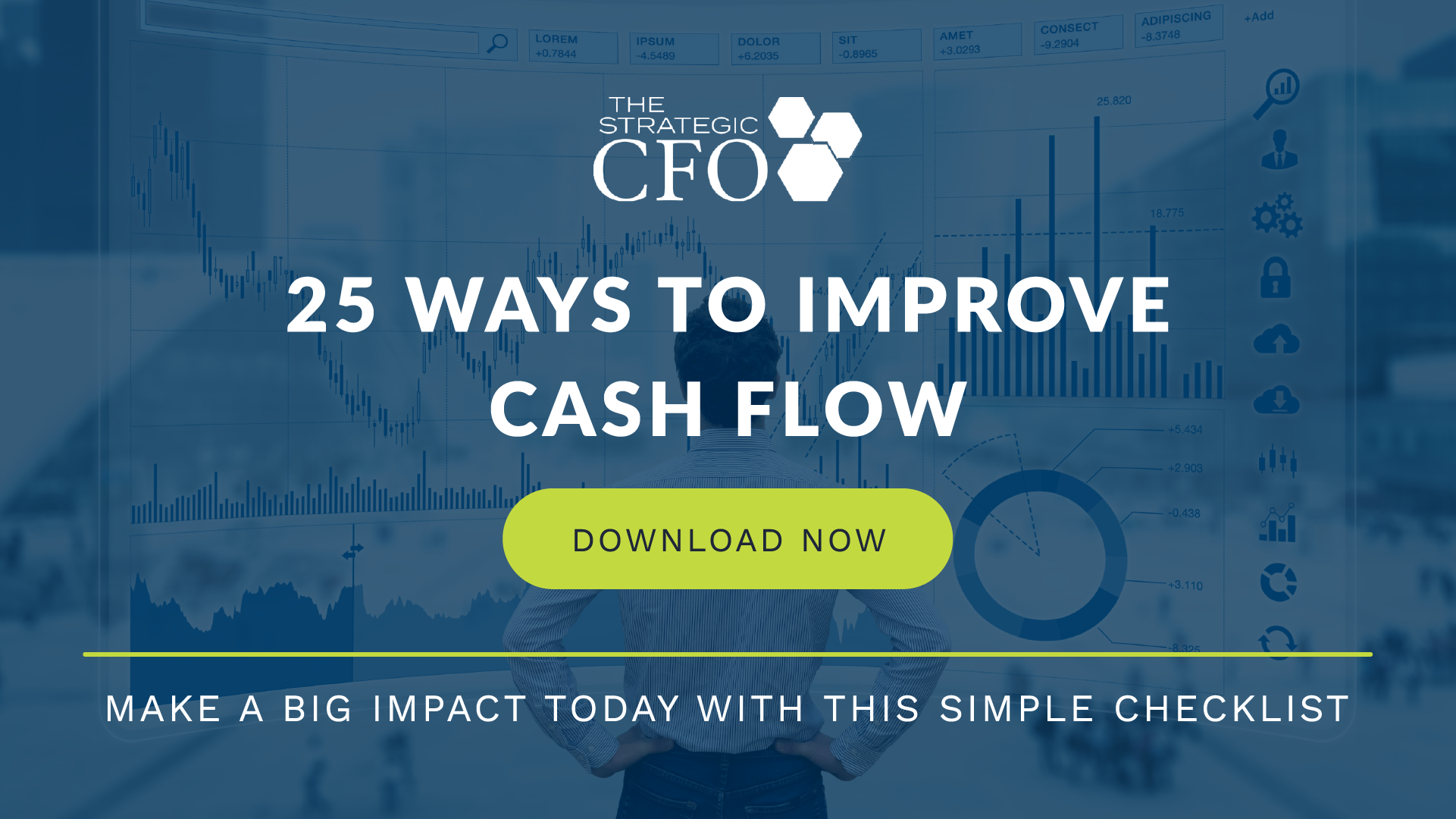See Also:
The Dilemma of Financing a Start-up Company
Angel Investor
Mezzanine Debt Financing
What is a Term Sheet
Working Capital
Why Venture Capital?
Why venture capital versus other forms of equity? For one, VC partners tend to be experienced entrepreneurs themselves who have taken a startup from inception to an exit through an IPO or private sale once or more. They can help an entrepreneur avoid common mistakes and also help position the company as it nears an exit opportunity.
They also tend to have a large number of industry contacts, which can make it easier to strike deals with suppliers and customers, as well as weather the ups and downs within a given market.
It should be noted that most VC backed startups fail, but the ones that do succeed can do so spectacularly, as a host of VC backed firms, especially in tech, have done so since 1995, such as eBay, Yahoo!, and Google.
But one must know why they believe they need to bring in a VC investor. It can be costly and business history is replete with examples of entrepreneurs who took their startup from an idea on the back of an envelope into some of the largest firms in the world without any outside equity partners.
Venture capital is an expensive form of financing for an entrepreneur. With most VC funds expecting compounded annual returns in excess of 25% from their investments, an entrepreneur can find themselves giving up a substantial part of their equity in the company, not to mention the loss of control and a new demanding partner to contend with. So why do it?
For more tips on how to improve cash flow, click here to access our 25 Ways to Improve Cash Flow whitepaper.
Access your Strategic Pricing Model Execution Plan in SCFO Lab. The step-by-step plan to set your prices to maximize profits.
Click here to learn more about SCFO Labs[/box]










